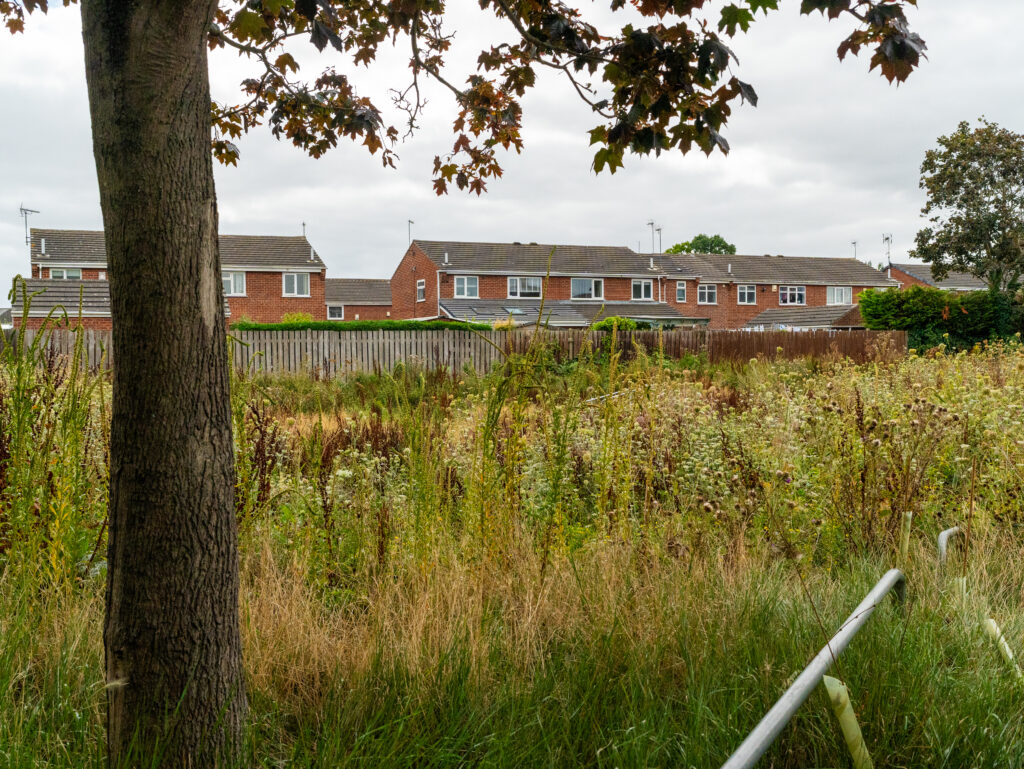Greater awareness of Hull’s current and future flood risk will be on the way for everyone after Hull City Council appointed a team to update Hull’s Strategic Flood Risk Assessment (SFRA).
Ove Arup & Partners Limited will assess the current SRFA which helps to inform planning decisions to ensure new development considers flood risk management and adaptation to climate change.
Arup will review Hull’s SRFA over the coming months and update it where necessary to give the council, residents and businesses the best available data to inform decision making in terms of flood risk and resilience.
Cllr Charles Quinn, portfolio holder for environment at the council, said: “Hull’s Strategic Flood Risk Assessment is a vital document that assesses flood risk across the city.
“It is an important reference for residents and businesses, as well as a resource to inform strategic planning, and in this way, it improves flood resilience and public safety in Hull.
“The council continues to lead the way on this, but it is important that residents are aware of what steps they can do to help themselves, no matter how small they might be.”

Due to Hull being a high-risk flood zone, flood proofing is a requirement for all new developments in Hull.
The houses on the council-led scheme at Isledane, Orchard Park, are not only the most energy efficient that the council has ever built, but also include an array of flood resistance measures such as:
- setting finished floor levels above modelled flood depths
- flood doors
- specialist air brick covers
- non-return valves on drains to keep water out of the buildings
These are alongside resilience measures such as solid floors, raised electrical sockets and horizontally laid plasterboard, which all make recovery from flooding much quicker, cheaper and therefore less disruptive to residents.

In its role as the Lead Local Flood Authority, the council also advises and promotes the use of Sustainable Drainage Systems (SuDs) to manage surface water flood risk on major planning applications.
The SuDs collect and store rainwater falling on the site and direct water away from homes, reducing the risk of flooding, such as a Derringham.
These schemes also create urban habitats that increase biodiversity and green spaces for the local community to enjoy, as well as contributing to reducing household insurance premiums,
Further flood resilience testing can now be done in the city thanks to the unveiling of a Property Flood Resilience Innovation and Testing Centre at the University of Hull earlier this month.
Cllr Quinn added: “When building new developments in Hull, there is always the challenge of making them as flood resistant as possible.
“There are arguments to state new developments shouldn’t be built on floodplains, but the whole city is on a floodplain and additional developments help Hull’s economy continue to thrive.
“Our flood proofing and energy efficiency measures are in place to safeguard homes in the future having learned from past property building techniques which had little consideration to flooding, drainage and climate change.”
Find out more on Hull’s Local Flood Risk Management Strategy here.
